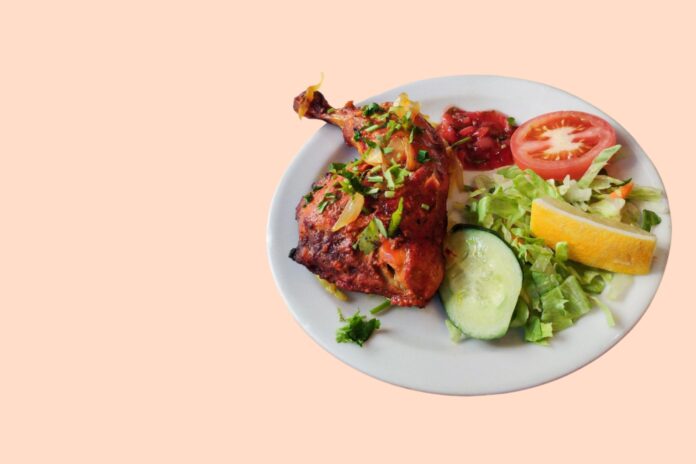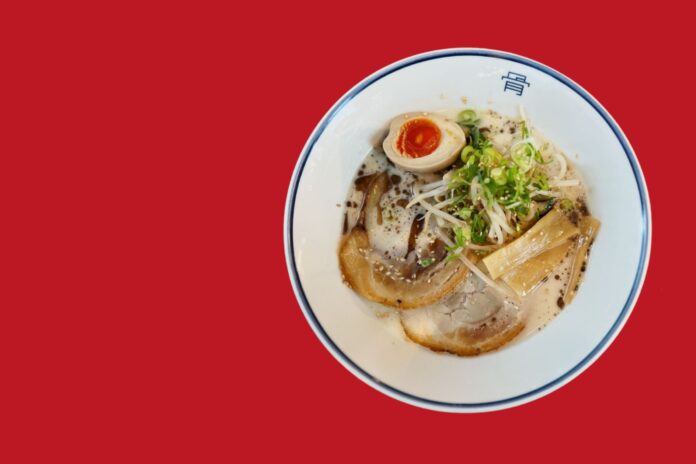What you should and shouldn’t eat when pregnant is a complete minefield of sometimes contradictory, often confusing sentiment and suggestions. A barrage of conflicting advice awaits newly pregnant women, and when the craving to eat gherkins covered in strawberry jam hits, it can be difficult to know who to trust.
Well, firstly; for any medical enquiries, always, always consult your GP, midwife, postpartum nurse or specialist health professional first, as opposed to an article on the internet designed to entertain rather than educate. But if you’re looking for a simple summary of some of the tips out there, then here’s some helpful advice we’ve collated on eating when pregnant.
DEFER TO YOUR MIDWIFE
We realise that our first point kind of makes this article redundant, however, there are so many articles out there intent on scaremongering over what you can or can’t eat. If you need diet advice or are worried about what you can and can’t eat, we should reiterate; talk to your midwife or your doctor.
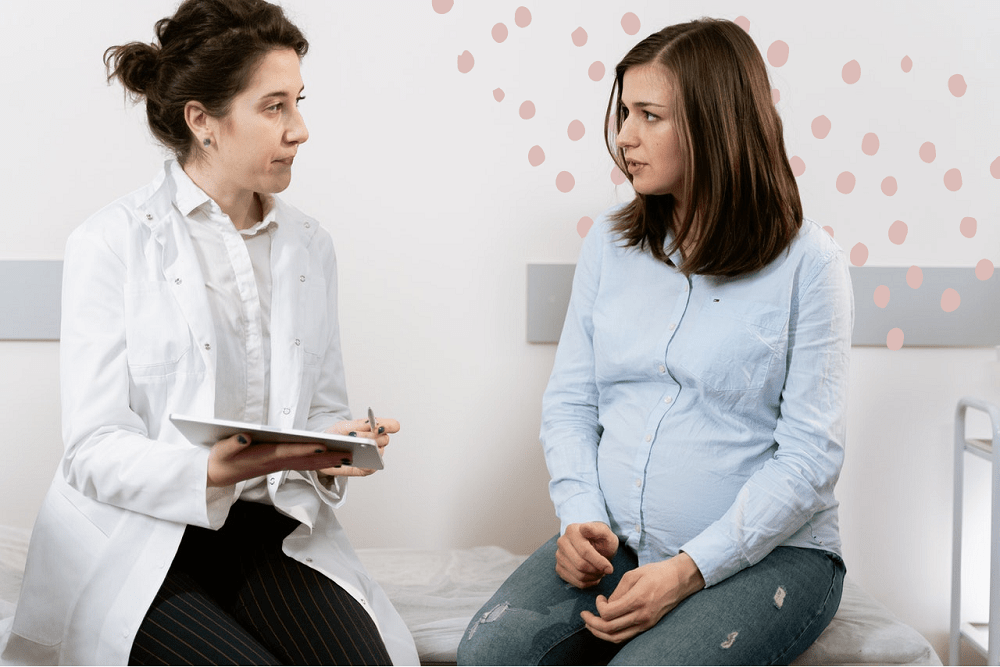
DON’T LISTEN TO EVERYONE
Do you remember that story about when a supermarket worker refused to sell a pregnant woman some cheese because it was too dangerous? Well, that was silly in more ways than one. Firstly, unpasteurised cheddar does not pose a risk to health during pregnancy (more on that later).
Secondly, the delicatessen worker had no authority to refuse the sale. Anyway, the moral of the story is; don’t listen to everyone, and instead, trust medical professionals who know what they’re talking about.
EATING FOR TWO IS A MYTH
We know, it makes complete sense; there are two of you so you’re eating for two – simple mathematics. Moreover, it’s the perfect excuse to indulge in another piece of cake. However, as there’s an increased risk to both woman and baby if the mother is overweight in pregnancy, ‘eating for two’ devotedly carries increased risks to both mother and child. As the Royal College of Obstetricians and Gynaecologists put it, ”’Eating for two’ pregnancy myth still risks harming mothers and their babies despite best intentions’’.
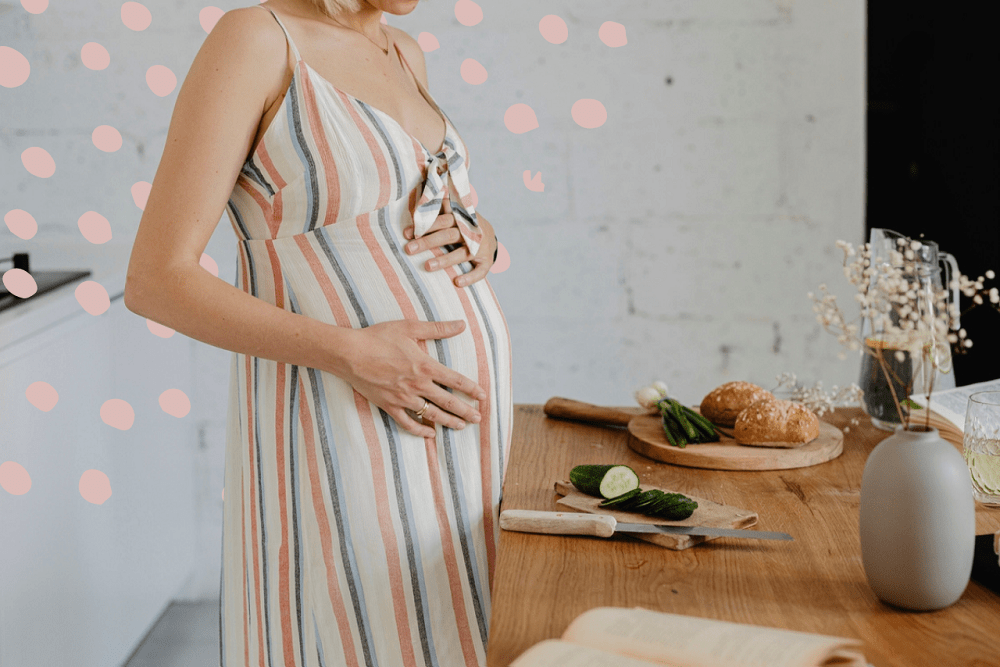
FOODS TO AVOID?
There are some foods you should definitely avoid when pregnant:
- Raw eggs, due to the risk of salmonella poisoning. This means that recipes that involve uncooked egg yolks or whites, like homemade mayonnaise or tiramisu, or dishes that use undercooked eggs or egg products, like Hollandaise sauce and soft custards, should be avoided.
- Raw meat, fish, and shellfish should also be avoided as these can contain harmful bacteria that can cause food poisoning to the mother and birth defects in the baby, such as toxoplasmosis.
- You should also avoid unpasteurized dairy products like soft cheeses (such as brie or feta), and cold-smoked seafood or fish, due to the possibility of listeria poisoning. Pâté, terrines and rillettes should all be avoided. As the Guardian points out “if you can get it in a deli and it’s costed per 100g, you probably aren’t allowed to eat it!’’ However, rinded cheese is safe to eat once cooked.
- Chilled ready-to-eat foods, like pre packed sandwiches and salads can also harbour the listeria bacteria.
For a fuller list on what you should and shouldn’t eat, let us direct you to the NHS website.
WHAT ABOUT COFFEE?
You should also refrain from drinking large amounts of caffeine while pregnant. Too much caffeine can make it harder for the baby to grow in size and promote movement. Experts suggest that anything under 200mg of caffeine a day should be ok (that’s around one small sized cup of coffee).
You should be alert to the fact caffeine can crop up in other food and drink items, too, including tea, some soft drinks, energy drinks, chocolate, and some medicines (often, a painkiller will combine paracetamol or ibuprofen with caffeine).
WHAT SHOULD I EAT?
When it comes to foods you should eat when pregnant, the list is actually quite long. Foods high in vitamin C can help fight off infection during your pregnancy; oranges, grapefruit, strawberries, green peppers, broccoli, tomatoes are all good sources of vitamin C.
Vitamin B9 is another nutrient you need while pregnant and it can be found in green leafy vegetables, peas, orange juice, mangoes, and cantaloupe.
Vitamin B12 can also help you avoid anaemia so load up on dairy products such as milk and yoghurt or eggs to get more of this vitamin. For iron, you can eat foods like lean beef, spinach, or dried fruit.
You should also make sure to get plenty of calcium in your diet. This mineral is vital for the development of your baby’s bones and teeth so be sure to get it by eating dairy products or other calcium-rich foods such as broccoli or kale. For protein, you can have lean meats or soy products. Lastly, pregnant women need to get enough zinc so be sure to eat foods like red meat, dark chocolate (yipee!), spinach and nuts.
Vitamin D is also important and the NHS recommends that you take a supplement as it’s hard to get all the vitamin D you need from your diet. You can get vitamin supplements containing vitamin D free of charge if you’re pregnant or breastfeeding and qualify for the Healthy Start scheme.
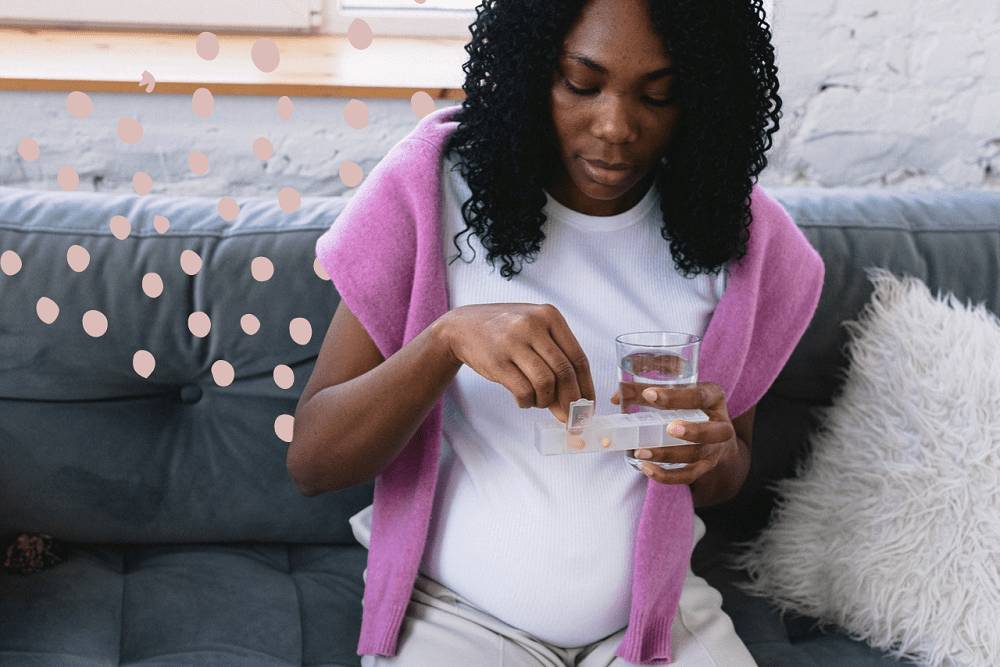
POST-PREGNANCY DIET
After undergoing nine months of pregnancy, it may be difficult for you to resist the foods that you were craving during your pregnancy. However, this may not always be healthy or advisable since there are certain food items that should also be avoided even after childbirth, particularly if you’re breastfeeding. On the flip side, there are some food items particularly important for that post-pregnancy period.
Foods to eat:
- Sweet potatoes: Consuming sweet potatoes is highly recommended since they’re a good source of vitamin C, iron, and calcium and also help with lactation by providing necessary nutrients for mothers as well as babies.
- Bananas: Bananas are considered an excellent source of energy and provide the body with vital nutrients like potassium, manganese, and vitamins B6 and C. Bananas also help boost the immune system of the mother after birth.
- Berries: Berries are packed with necessary nutrients that help maintain eye health, strengthen immunity, improve heart health, aid in digestion, improve skin conditions and even prevent cancer.
- Watermelon: Watermelon is loaded with antioxidants that help fight free radicals in the body. It also helps boost metabolism and regulate blood sugar levels.
THE BOTTOM LINE
Pregnancy is one of the most amazing experiences in life. The anticipation, the preparation, and finally meeting your new bundle of joy for the first time are all so very special.
The key to taking care of yourself and your baby is being sensible when it comes to cravings you might have, knowing what nourishes your body, knowing what might not, and endeavouring to stay active and positive during the whole process. Doing so will ensure your baby is happy and healthy in their first few months and beyond.
*This article is not intended to replace medical advice, diagnosis or treatment given by a qualified health professional. Instead, this article only provides information, not advice. For any medical enquiries, always consult your GP, midwife, postpartum nurse or specialist health professional first*


